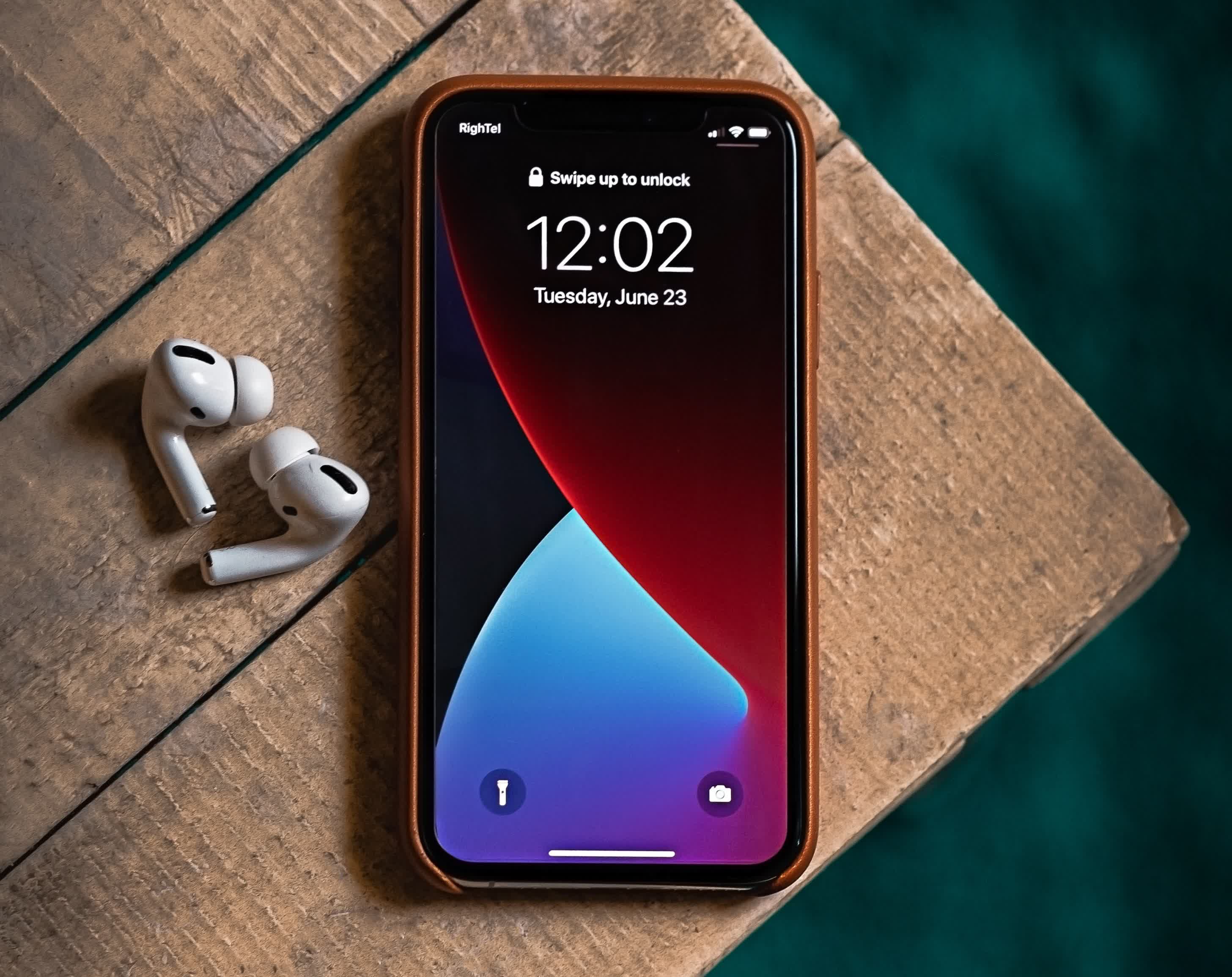The big picture: Somebody needs to reignite excitement in the software ecosystem for phones. Semiconductor vendors have an opportunity to rejuvenate the industry, but the changes it would require for their organizations likely means someone else will capture the opportunity.
After spending much time reading through the Arm IPO materials, watching results come in, and generally bemoaning the sorry state of the mobile phone industry today. All companies with heavy mobile exposure have seen their stocks beaten down this year, probably none more so than Qualcomm. This point was driven home when Qualcomm announced that they had extended their supply agreement with Apple, resolving a major overhang, only to see their stock rise a tiny amount. There is no love for mobile on the Street.
Editor's Note:
Guest author Jonathan Goldberg is the founder of D2D Advisory, a multi-functional consulting firm. Jonathan has developed growth strategies and alliances for companies in the mobile, networking, gaming, and software industries.
We highlighted the big problem that Qualcomm faces a few months back when we noted that company is largely constrained by its heavily reliance on mobile alone for revenue, a condition that's unlikely to change until 2025 when automotive revenue should start to become material.
More generally, Qualcomm's problem stems from the maturity of the smartphone business. By this point, everyone on the planet has a phone (or two), with growth determined largely by upgrade cycles. There are also only a handful of customers left: Apple, Samsung, Xiaomi, BBK (Vivo, Oppo et al), Transsion, and a few niche players.
Moreover, the category has lost all excitement for consumers. Apple launched the iPhone 15 this month, and cutting through their slick presentations leaves us with four new phones with little differentiation from previous devices – more megapixels? more dynamic islands? USB-C chargers? Be still our beating hearts...
The mobile phone industry has been in stasis for at least five years and could really use something to spice it up. None of this is lost on the hardware industry. They have been searching for the next growth leg for some time, and that in part explains all the hype around XR/VR/AR. But Meta's slow sales and Apple's price tag brought all that marketing down to earth. When even market leader Apple struggles to come up with new compelling features, the rest of the industry struggles to hold onto share and consumers face a dwindling set of reasons to upgrade.
We think the missing piece in all of this is software. The launch of the iPhone in 2007 brought software to the forefront of mobile and catalyzed immense change and growth. But in the ensuing years the whole landscape has ossified to the point that we have not seen any major change in software for over a decade. Apple continues to churn out small tweaks to iOS user experience. Android remains mired in fragmentation and deep ambivalence among users. A few months ago, we proposed that the industry needed Google to let go of Android and move into an open source project. We maintain that opinion, albeit we do so in the absence of any sign Google would even consider it.
There are some signs of hope on the horizon, or at least a potential path forward.

If Google is reluctant to make any changes to Android, the task of changing the software experience on mobile falls to the device and silicon makers. There is no reason that Qualcomm couldn't push forward a set of new software features that might excite (or at least interest) consumers. Yes, they would need to fit these into Android, but that is not insurmountable. Moreover, Qualcomm's customers would likely welcome any innovation they can lay their hands on as they seek desperately to build bulwarks against Apple's steady services-driven share gains and lock-in.
The scope for improvement here is vast. Running the gamut from private local ad hoc wireless networks seamlessly connecting users local devices, to new interface methods, to clever services for exchanging data between users. And, of course, there is AI. One of our big sources of caution around the current AI mania is that there are no clear use cases for consumers. The advent of LLMs and transformer-based models do offer immense potential, it's just that no one is quite sure how to make use of them yet.
We think this is an area where the silicon vendors could shine and deliver a lot of value to their customers. The trouble is that neither Qualcomm nor Mediatek have deep experience with software. True, a huge portion of Qualcomm's core engineering team works on "software" but that is mostly low-level functionality around wireless standards and device drivers for Android and Windows.
In studying AI recently, we realized that there is a huge divide between chip companies like Nvidia who have trained their own AI models and pretty much everyone else who has not. We have to wonder if Qualcomm has built their own model, and we suspect the answer is no, at least not at any real scale. Qualcomm has an immense amount of data on how consumers use their devices (not as much as Google or Apple, but still a lot). They should task a team to work through that data at a very large scale, and then pair that team with a few hundred experts in user interfaces and consumer software usage. We imagine that combination could come up with some important advances very quickly.
We recognize that all of this is probably beyond the realm of the possible. Asking Qualcomm, or any other semis company, to transform themselves into a software company is unlikely to happen, at least to the scale that we envision. More than anything, all these companies would have to contend with their own organizational structures, and carving out space in those for a 1,000 person software engineering team with an intangible goal is something that few companies can ever really manage. We have actually had some version of this conversation with several companies but the response has always been a blank, uncomprehending state or a polite suggestion to turn the conversation to Bluetooth drivers, a much more manageable topic.
All that said, the stakes are incredibly high. Absent some significant change in the ecosystem, there is nothing on the horizon that is going to break the mobile industry out of its torpor. Or more likely, some tiny software team today is building an AI app that will up-end the industry, but leave no incremental value for the semis suppliers.
The industry's current stasis, as well as the potential offered by AI, provide an opportunity to rejuvenate the market, but as things stand now, it looks unlikely that any of the incumbents will be the ones to spark that fire.
